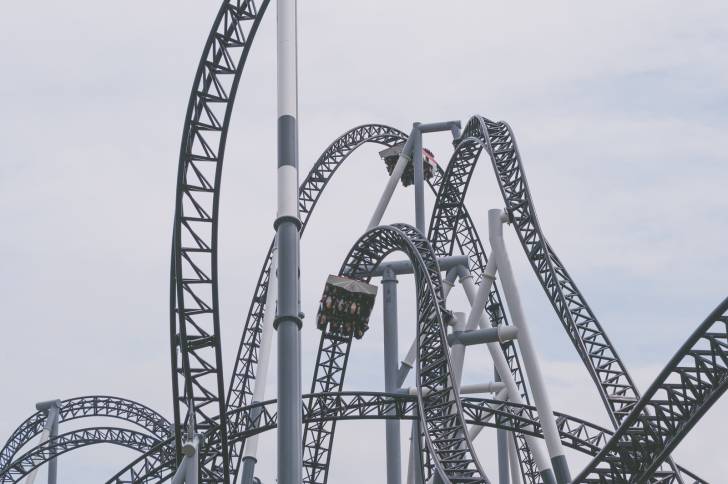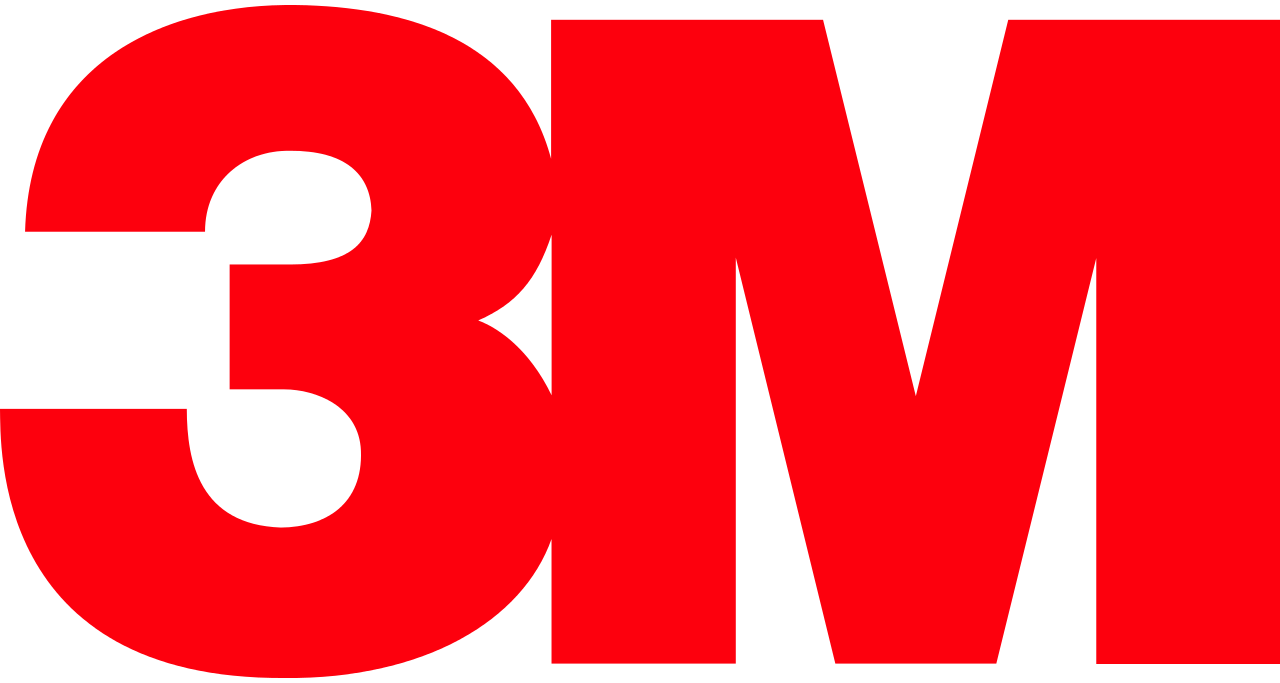by Jeffrey Kleintop, CFA® Managing Director, Chief Global Investment Strategist, Charles Schwab & Co., Inc.
The drama characterizing the first half of 2023 may abate, with potentially milder returns for investors due to effects from the Cardboard Box Recession.
The Cardboard Box Recession
We're referring to this phenomenon as a Cardboard Box Recession, because items that are made (manufacturing) and shipped (trade) tend to go in a box. Demand for corrugated linerboard, what most cardboard boxes are made from, has fallen similar to past recessions, as per data from the Fibre Box Association. The latest drop is reminiscent of the price behavior during those shaded periods on the chart below denoting global recessions. Note that while the drop in 2012 on the chart isn't matched with a global recession, both Europe and Japan did suffer recessions at that time, softening global demand for boxes.
Cardboard Box Recession

Source: Charles Schwab, Fibre Box Association, Bloomberg data as of 6/2/2023.
Earnings recession
Mild earnings recession

Source: Charles Schwab, MSCI, S&P Global, Macrobond as of 6/2/2023.
Past performance is no guarantee of future results.
Shortages to gluts
Shortages to gluts: jobs

Source: Charles Schwab, Bloomberg transcripts search data as of 6/2/2023.
Mentions on corporate shareholder communications for companies in MSCI World Index.
"Job cuts" terms: job cuts, reduction in force, layoffs, headcount reduction, employees furloughed, downsizing, personnel reductions
"Labor shortage" terms: labor shortages, inability to hire, difficulty in hiring, struggling to fill positions, driver shortages
Tighter credit leads to weaker job market: Europe

Source: Charles Schwab, European Central Bank, Eurostat, Bloomberg data as of 5/7/2023.
- U.S.: This past Friday's U.S. jobs report showed manufacturing jobs fell by -2,000 while overall non-farm jobs rose +339,000.
- Canada: May data for Canada isn't available yet, but manufacturing jobs fell a total of -3,300 in March and April combined while service-producing jobs rose +111,000.
- Germany: A breakdown of job growth by industry is only done on a quarterly basis in Europe, but in the first quarter Germany saw 13,000 net new manufacturing jobs compared with 155,000 net new jobs in the overall economy.
This weakness in manufacturing job growth could begin to spread into services industries in the second half of the year.
Inflation
Back to target by year-end?

Source: Charles Schwab, European Central Bank, Bloomberg data as of 6/2/2023.
Past performance is no guarantee of future results.
Out of the box ideas
Shark chart: jaws closing

Source: Charles Schwab, Bloomberg data as of 6/2/2023.
Past performance is no guarantee of future results.
No one knows for sure if we have seen the peak of U.S. stock market outperformance relative to international stocks; the shark jaws could open still wider after appearing to begin to bite down with international stocks' outperformance. May's surge in a small group of U.S.-based artificial intelligence (A.I.) stocks helped the U.S. erode the international outperformance in the first half of the year. U.S. technology stocks outperformed the S&P 500 by the largest margin since November 2002 in the month of May. While recognizing that a bubble in A.I. stocks could further boost U.S. stocks on a relative basis, we still find international stocks attractive in the second half of 2023, bolstered by more attractive valuations and faster earnings growth.
We are still neutral on the performance of emerging-market stocks this year, which seems to remain dependent upon U.S.-China tensions as much as China's continued economic recovery, as Chinese stocks are the largest weight in the MSCI EM Index, at over 30%. Geopolitical tensions seemed to have had negligible impact on China's domestically driven economic growth, but they did appear to weigh on China's stocks. Despite the strong and better-than-expected economic performance, China's stock market fell after the spy balloon controversy erupted in early February. That slump disrupted a 60% three-month rebound from the end of October until this year's peak on January 27.
China's outperformance popped like a balloon

Source: Charles Schwab, Bloomberg data as of 6/2/2023.
Past performance is no guarantee of future results.
Boxing it up
Michelle Gibley, CFA®, Director of International Research, and Heather O'Leary, Senior Global Investment Research Analyst, contributed to this report.
Copyright © Charles Schwab & Co., Inc.














